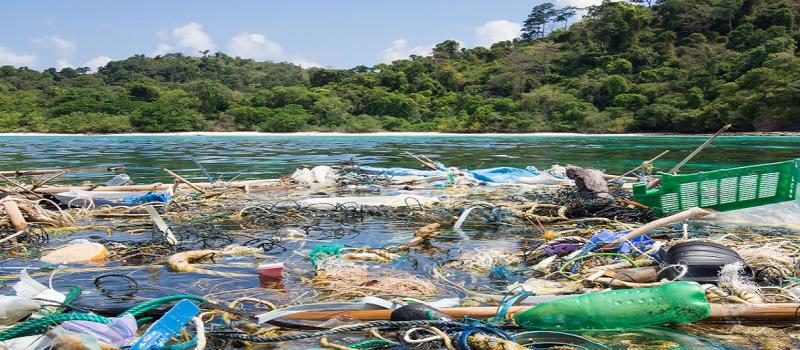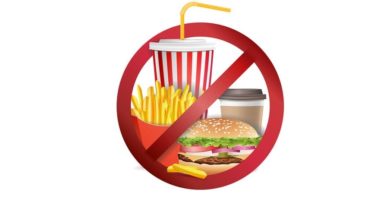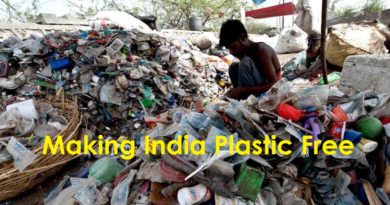Indian Ocean island group chokes on 238 tonnes of plastic waste
It included about 25% single-use plastics, 373,000 toothbrushes and 977,000 shoes
Scientists have found that 414 million plastic waste items, weighing 238 tonnes, are polluting Cocos Keeling Islands, a remote archipelago in the Indian Ocean.
The group of islands, touted as Australia’s last unspoilt paradise, is located 2,100 kilometre off the northwest coast of the continent, and has tourism as a primary source of income.
The large plastic buildup included about 25 per cent single-use or disposable plastics — packaging, drink bottles, straws, plastic cutlery, bags, toothbrushes — and shoes, according to the study published in the journal Scientific Reports.
The huge amount of debris found in the archipelago is symbolic of plastic waste being circulated in the world’s oceans, the Environmental News Network reported.
The team measured plastic pollution on seven of the archipelago’s 27 islands while surveying debris on the beach’s surface, buried under, and in the beach-back vegetation. They then multiplied their findings by the island chain’s total beach area.
Of the 414 million pieces of plastic pollutants, an estimated 384 million waste was found buried up to 10 centimetres under the surface. About 60 per cent of this comprised of micro-debris that were 2–5 millimetre in size, and could pose significant challenges to wildlife and biodiversity.
Besides single-use plastics, the team also found an estimated 373,000 toothbrushes and 977,000 shoes, equivalent to what the island community would produce as waste in about 4,000 years, the study noted.
According to the United Nations, every year, over eight million tonnes of plastic ends up in the oceans, accounting for up to 80 per cent of all litter in the oceans. Studies have shown that this is estimated to rise by 2025, wreaking havoc on marine ecosystems and tourism.
A recent exploration to the deepest place in the ocean — the Pacific Ocean’s Mariana Trench — by American explorer Victor Vescovo revealed plastic waste such as bag and sweet wrappers along with new sea creatures, BBC reported.
Significant widespread bans on single-use items and effective waste management practices that prevent entry of plastic items into the ocean could help address this issue, suggested the study.
Source: downtoearth.org.in




